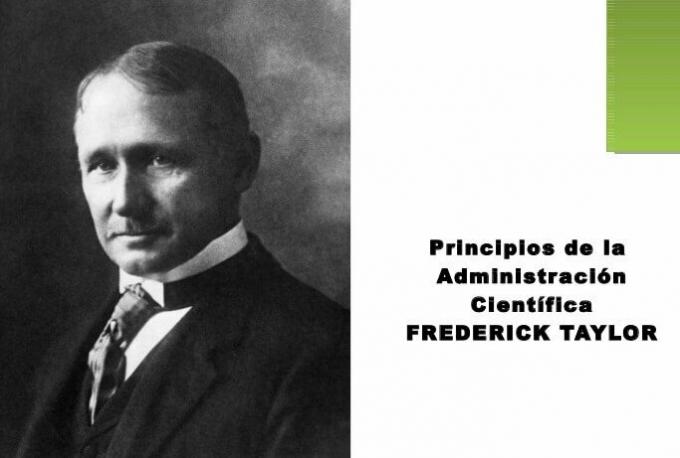Speaking of processes and procedures, the first thing we think about is the steps to follow to obtain a result. However, although this is quite frequent, these two terms should not be interchanged or used interchangeably, because in many areas where they are implemented they have quite a number of uses and meanings. different.
For many people, the line of separation between these two conceptions is not entirely clear. Therefore, it is important to know the definition, use and characteristics that create the differences between process and procedure.
Advertisements
In this article you will find:
Definition
- Process: It is defined as all those stages to follow in order to achieve a purpose.
- Procedure: The sequence of fixed steps is defined as a procedure, with a specific purpose, so they cannot be altered or modified.
| Processes | Procedures |
| Are managed | Are implemented |
| It has stages to follow | It has steps to follow |
| It is prepared based on different departments, people or objectives | The goals are always the same |
| Continuous | Discontinuous |
| They are dynamic | They are static |
Characteristics
- Process: The essential characteristics of the process are:
- It constitutes a managed course.
- It is divided into stages to follow.
- It is designed with seat in people, departments or varied objectives.
- It is continuous and dynamic.
- In the processes, the results may vary, the precision of the same will depend on the care taken in the execution of the actions in the different stages and on the people who execute them.
- In the process there may be a method or methods to execute the actions that lead to achieving the end.
- Failure to carry out a process, or skipping stages of it
- Procedure: It is essentially characterized by:
- It constitutes an implemented course.
- It is divided into fixed steps to follow.
- It is designed with seat on the same objectives.
- They are discontinuous and static in nature.
- A procedure can be followed step by step by different people and the same result will always be obtained.
- In the procedure, more than any other method, there is a guideline, a regulation or regulation to carry out the actions that lead to the end.
- In some cases, not performing a procedure, or performing it, but skipping steps, can lead to problems, obtaining poor results, among others.
Applications
- Process: Every process is used to carry out a purpose, a job, a project. For which some standards that it exhorts are followed.
- Procedure: Generally they are put in writing, to guide the actions, they are used to standardize actions, functions and above all to always obtain the same results. Allowing to save training time.
Source
- Process: The processes originate from the need and the will to obtain a certain achievement or to achieve a certain purpose.
- Procedure: They originate from the intention of wanting to perform and complete a task feeling more secure by having established guidelines (steps and clear objectives).

In the law or legal field
- Process: In the field of law, the process is the trial itself or legal cause.
- Procedure: The procedure in the legal field, are all those steps, procedures, formalities and other actions that are necessary to carry out a trial.
Within the business or administration field
- Process: It is the continuous execution of activities connected to each other, in order to achieve a common objective. In this administrative process, there is usually the objective of optimizing the resources available to a company or organization.
- Procedure: In administration, the procedure is a support of administrative law. He is responsible for guaranteeing the company that all administrative procedures carried out within of a public body were carried out as established by the laws and regulations relevant.
Examples:
Process: Any activity can merit a process, example:
- Educational process: It is the process that a person goes through to achieve a whole series of knowledge.
- Biological process: It is that process of development of the human being, plant or any living being.
- Productive Process: It is the process by which an industry transforms raw material into finished products.
Procedure: Many activities require following procedures to achieve desired results. For example:
Advertisements
- Procedure for cooking a cake.
- Procedure to perform mathematical operations.
- Procedure for keeping an accounting.
- Medical procedure in a cure or operation.
About process and procedure
A process may involve a procedure, but a procedure will never follow a process. Processes and procedures are seen in everything, in daily life, work life, in industries, in education.
For example: If someone wants to lose weight, he must begin the process to lose weight, for this he follows a procedure adapted to her needs by a nutritionist. The procedure will be fair, such as the amount of food, the type of food or preparation, the amount of exercise per day or per week, etc. The process is to lose weight, it will be slow and progressive.
Advertisements
The difference between process and procedure It is more than clear, it can even be said that their similarities are too few for there to be confusion, we can say that its main similarity lies in its grammatical similarity and its derivation from Latin and beyond this the other similarity of The importance is that both seek to carry out and complete a task or achieve a result for the benefit of society, personal, a company, etc.


